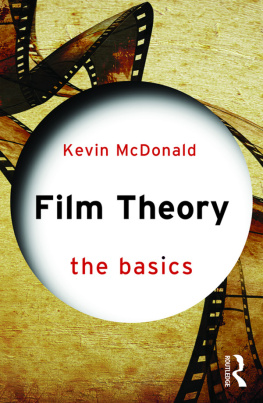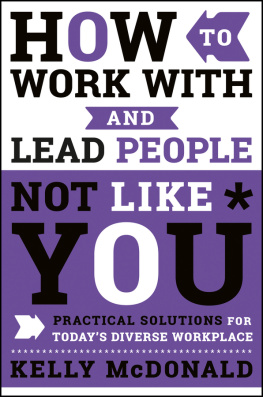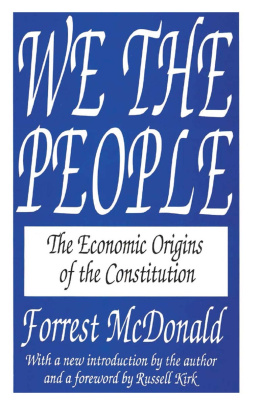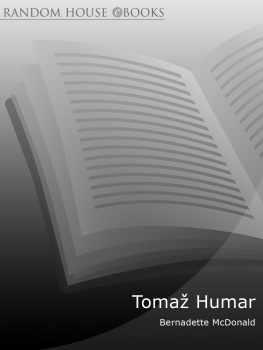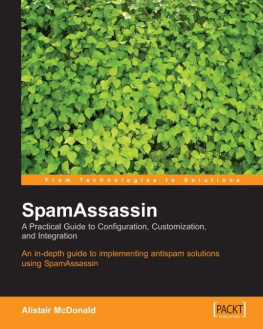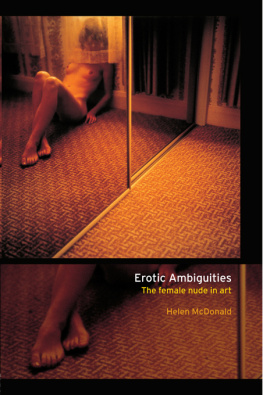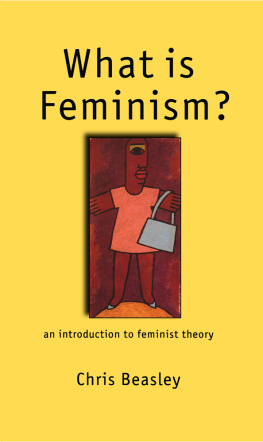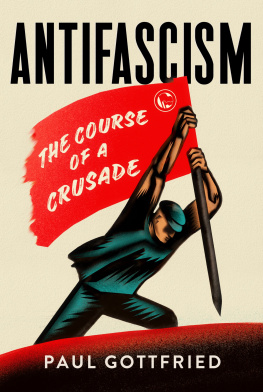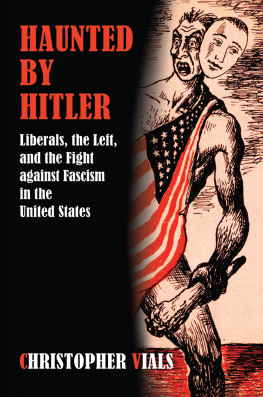Feminism, the Left, and Postwar Literary Culture
Feminism the Left, and Postwar Literary Culture
Kathlene McDonald

www.upress.state.ms.us
The University Press of Mississippi is a member of the Association of American University Presses.
Copyright 2012 by University Press of Mississippi
All rights reserved
Manufactured in the United States of America
First printing 2012

Library of Congress Cataloging-in-Publication Data
McDonald, Kathlene.
Feminism, the left, and postwar literary culture / Kathlene McDonald.
p. cm.
Includes bibliographical references and index.
ISBN 978-1-61703-301-8 (cloth : alk. paper)ISBN 978-1-61703-302-5 (ebook) 1. American literatureWomen authorsHistory and criticism. 2. American literatureMinority authorsHistory and criticism. 3. Feminism and literatureUnited StatesHistory20th century. 4. Feminist literary criticismUnited StatesHistory20th century. I. Title.
PS152.M36 2012
810.99287dc23
2011046435
British Library Cataloging-in-Publication Data available
In memory of my mother
Contents
Chapter 1
Domestic Ideology as Containment Ideology: Antifascism and the Woman Question in the Party Presses
Chapter 2
Fighting Fascism at Home and Abroad: The Cold War Exile of Martha Dodd
Chapter 3
In Her Full Courage and Dignity: Alice Childress and the Struggle against Black Womens Triple Oppression
Chapter 4
Antiracism, Anticolonialism, and the Contradictory Left Feminism of Lorraine Hansberry
Chapter 5
Ask Him If Hes Tried It at Home: Making the Personal Political
Acknowledgments
This book is mainly about culture and its role in shaping community, and in writing it I have been blessed with a wonderful community of support, both professionally and personally. The people mentioned below are responsible for all of what is good about the book, although, of course, any errors are mine alone.
Mary Helen Washingtons influence on this project cannot be overstated. She generously shared fascinating pieces of information that she had learned from her own interviews about Lorraine Hansberry, Alice Childress, Claudia Jones, Herbert Aptheker, Lloyd Brown, and other Left figures, helping bring the literature to life. And, telling me that I needed to talk with a woman involved in the Old Left, she put me in contact with Dorothy Sterling, a writer and activist who was not afraid to talk about her Communist past. On hearing I was a friend of Mary Helens, Dorothy invited me, sight unseen, to spend a weekend with her at her house in Cape Cod. While there, she plied me with stories of her days in the Communist Party, allowed me to read her unpublished memoir, and invited an old Party friend to dinner. Listening to their stories helped me, more than anything else, to get a sense of the community that existed back then; they brought to life the reading groups, plays, marches, issues, classes, and debates of which I had read, as well as the contradictions, challenges, and infighting.
Alan Walds thorough knowledge of the cultural wing of the US Left and his willingness to share leads and ideas was invaluable, as was Deborah Rosenfelts and Tillie Olsens knowledge of the 1930s radical womens tradition. Special thanks are due to Norah Chase and the members of the Columbia Women and Society seminar, who provided challenging and thoughtful questions about my work on Martha Dodd and the value of recovering lost literary texts. Josh Lukin deserves credit for his efforts to make Martha Dodd a household name. And several mentors at the University of Maryland took an interest in my project that helped me visualize its applicability beyond the field of Left literature, particularly Susan Lanser, Nicole King, Kandice Chuh, Marilee Lindemann, and Susan Leonardi. My most important scholarly debt, though, is to the late Constance Coiner. Although I knew her for less than a year, she took all my unformed ideas about the connections between culture and activism and gave them shape and a home. I hope this book honors her legacy.
Lisa Nurnberger Snyder, Nancy Marshall-Genzer, and Miriam Simon provided support and friendship during the early stages of the research and writing process; they helped me remain grounded at a time I might have otherwise lost myself in the archives. In particular, conversations with labor activist Lane Windham helped me see the relevance of my work outside of the academy and reminded me of the important role that culture can play in the struggle for social change. Thanks, also, to Susan Goldstein, who helped me get my house in order at a challenging time in my life so that I could finish the manuscript.
I have been fortunate to work with some amazing colleagues in the City University of New York (CUNY) system: Page Delano, Phil Eggers, Penny Lewis, Ruth Misheloff, and the late Jane Young at the Borough of Manhattan Community College; Manny Ness at Brooklyn College; and Carlos Aguasaco, Harriet Alonso, Marlene Clark, Elizabeth Matthews, Seamus Scanlon, Lotti Silber, and Martin Woessner at the City College Center for Worker Education. Their friendship and encouragement sustained me through the many years of research and writing that went into this project, and often their work intersected with mine in ways that made me rethink some of the implications of my project.
As limited historical information exists on women and the Left in this era, and as much of the literature I discuss is out of print, my project relies heavily on archival research from the Schomburg Center for Research in Black Culture, the Library of Congress, the Schlesinger Library on the History of Women, the Sophia Smith Collection and the Smith College Archives, the Labadie Collection at the University of Michigan, the Moorland-Spingarn Research Center at the Howard University Library, the Lillian B. Gilkes papers at the Syracuse University Library, and the Tamiment Institute Library and the Robert F. Wagner Labor Archives. I am indebted to the kind and generous assistance I received from these library staffs, particularly Kate Weigand at the Sophia Smith Collection.
My research and many archival visits were funded by several PSC-CUNY Awards from the Professional Staff Congress and the City University of New York, a Presidential Research Award from the City College of New York/CUNY, a Margaret Storrs Grierson Travel-to-Collections Fund award from the Sophia Smith Collection and the Smith College Archives, and a QCB Research and Travel Grant from the University of Maryland. A Lillian S. Robinson Scholar Award allowed me to spend a delightful week in residence at the Simone de Beauvoir Institute at Concordia University in Montreal, Quebec, Canada, and to share my work with a dedicated and diverse group of feminist scholars and activists who helped me to see my project from a transnational perspective.
The University Press of Mississippi has been terrific to work with in every way possible. In particular, I would like to thank editors Seetha Srinivasan, for discovering the project and believing in its importance, and Walter Biggins, who patiently waited for my manuscript through the birth of my two children. Both of them understood the challenges of balancing work and motherhood and allowed me adequate space and time to grow and care for my family while completing the book.
Ezgi Kaya and Ruta Stulgaite took such marvelous care of my children that it gave me the peace of mind I needed to be able to finish the book. My mother-inlaw, Phyllis Garland, was also an angel in this regard.
Next page

